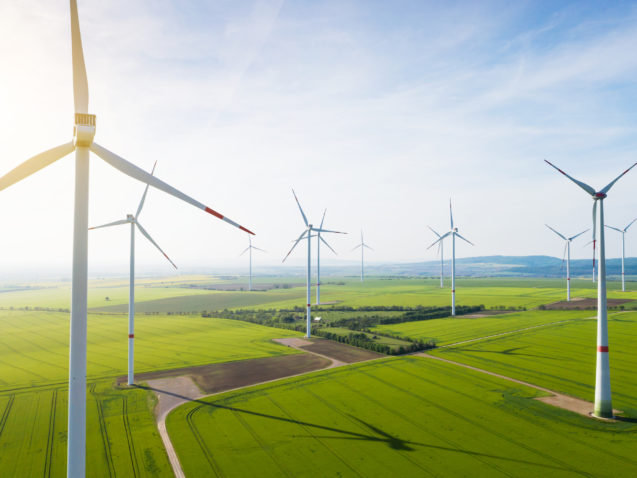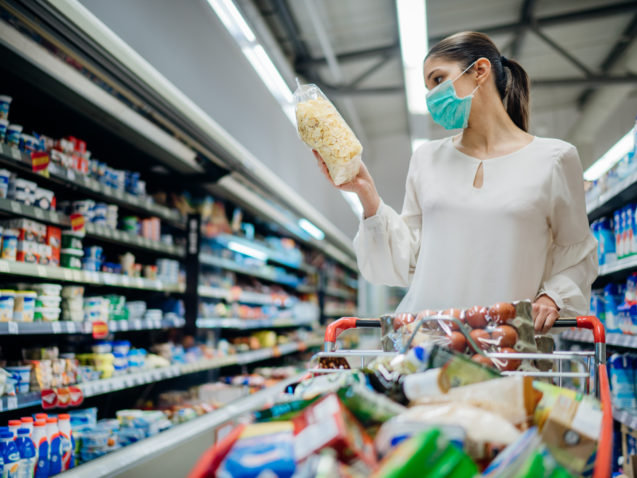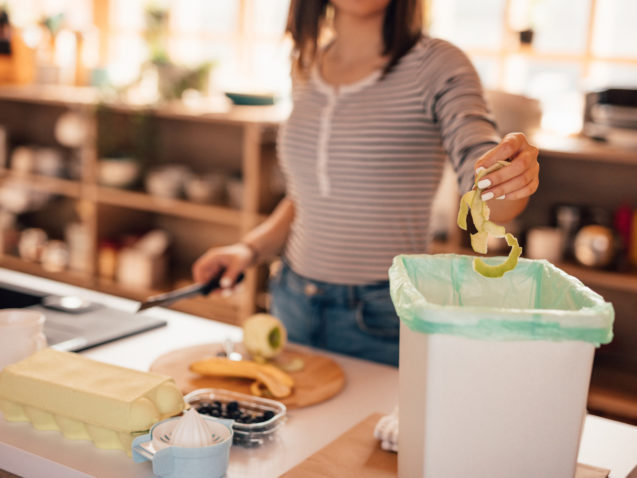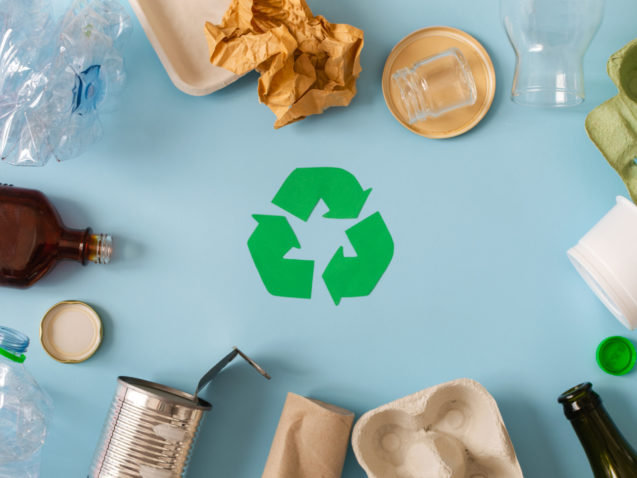(Brussels, 20 May 2020) Today, the European Commission published its Farm to Fork Strategy which sets out the regulatory and non-regulatory measures to deliver more sustainable food systems and help achieve the EU’s Green Deal ambitions towards climate-neutrality in Europe.
Comment from FoodDrinkEurope Director General Mella Frewen:
European food is famous for being safe, nutritious and of high quality. Today with the publication of its Farm to Fork Strategy, the Commission has set out its ambition to become the gold standard for environmental, social, and economic sustainability. We support this ambition.
While our food systems have shown resilience throughout the Covid-19 pandemic, providing consumers with continued access to safe, nutritious, and affordable food and drink products, this resilience must be further enhanced to prepare for other significant challenges on our doorstep, notably climate change.
To be truly sustainable, the Strategy must also help food and drink businesses, particularly SMEs, to survive the Covid-19 pandemic and to thrive after it. The food and drink industry is Europe’s largest manufacturing sector and it will be key to helping restart Europe’s economy and to safeguard jobs.
Based on our initial assessment of the Farm to Fork Strategy, we have highlighted areas that are of particular interest or concern for our industry:
- A holistic EU food policy: The Farm to Fork Strategy is a positive step towards a common EU food policy. However, we would like more assurance from the Commission that the Strategy will include a structured dialogue with stakeholders and systematic impact assessments to ensure that food security, food safety, economic recovery and sustainability are not compromised. For example, while we support the need to reduce excess packaging, this must be contingent on an impact assessment to maintain Europe’s continued high food safety standards, as well as to avoiding any increase in food waste. Furthermore, as food businesses will have to comply with a new and ambitious policy framework, there is a need to align objectives, targets and timelines between all Green Deal initiatives in order to ensure a predictable regulatory environment for business, which will also encourage the innovation needed to achieve sustainable food systems.
- Covid-19 recovery: The Strategy can only be successful if it adequately supports the food supply chain to recover from the economic shock caused by the coronavirus pandemic and maintain its competitiveness. Small and medium sized businesses (SMEs) make up ninety-nine percent of the food and drink sector and it is these businesses that are feeling the effects of Covid-19 most acutely, in particular those supplying to the hospitality, tourism and leisure sectors. We look forward to more detail on how the Commission will help these businesses “develop new skills and business models, while avoiding additional administrative and cost burdens”, as stated in the publication.
- Evidence base: We are concerned about measures in the Strategy that have been included without prior consultation or science-based assessment, such as the proposal to establish maximum levels for certain nutrients. We support measures that will help consumers enjoy a balanced diet as part of a healthy lifestyle, such as harmonised front-of-pack (FOP) nutrition labelling, but we see maximum levels as a blunt tool, with little evidence base, that will unnecessarily hamper food manufacturers, that will limit consumer choice and that could potentially have adverse effects, for example in relation to the shelf life of products.
- Single Market: We firmly believe the Single Market should be embedded throughout the Strategy to ensure the diversity, affordability, and safety of our products for consumers, while also providing a vehicle for growth and jobs in the industry. In this regard, our strong doubts remain about the possible extension of mandatory origin indication to certain products, particularly as the Commission has already found previously that such measures impact negatively on the Single Market and trade. In the same vein, we encourage the Commission to continue to resist Member States undermining the Single Market through protectionism or “gastro-nationalism”, also in the context of international trade.
- Front-of-pack labelling: We support the principle of EU-harmonised front-of-pack nutrition labelling, which is an important element of a functioning Single Market. However, we would like to see a clear political roadmap which should ultimately lead to broad consensus among stakeholders on a single, harmonised, and voluntary scheme. In the meantime, we urge the Commission to provide legal certainty and clarity, including around mutual recognition and the establishment of a basic set of principles, in relation to the many FOP nutrition labelling approaches already in operation across the EU. The Commission should also avoid any further multiplication of national initiatives, until a harmonised EU approach has been agreed. (Check our website for our full reaction to the Commission’s report on FOP nutrition labelling, which is also published today.)
- Food security: The food and drink industry is a major buyer of raw materials, including 70% of all EU farm produce. We welcome the Commission’s intention to develop a contingency plan to ensure food supply and food security in times of crisis. Building on our effective collaboration during the Covid-19 crisis, we look forward to working together with the Commission and all partners in the food chain to strengthen our common preparedness for any potential future shocks. We also urge the Commission to conduct thorough impact assessments to ensure any targets on organic farming, pesticides and fertilisers preserve the food chain’s ability to provide consumers with a secure supply of quality, safe and affordable food.
Europe’s food and drink industry is conscious of the important role it needs to play in supporting the Green Deal as the growth strategy to re-boot the economic sustainability of the EU, to help the EU reach its climate neutrality commitment in 2050 and to contribute to healthier living. FoodDrinkEurope looks forward to working together with the EU institutions and other stakeholders in the follow-up and implementation of the Farm to Fork Strategy.
Please see here our detailed submission to the Commission’s Farm to Fork consultation.











